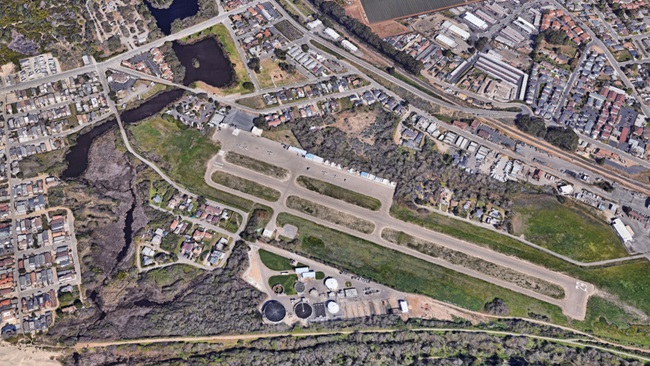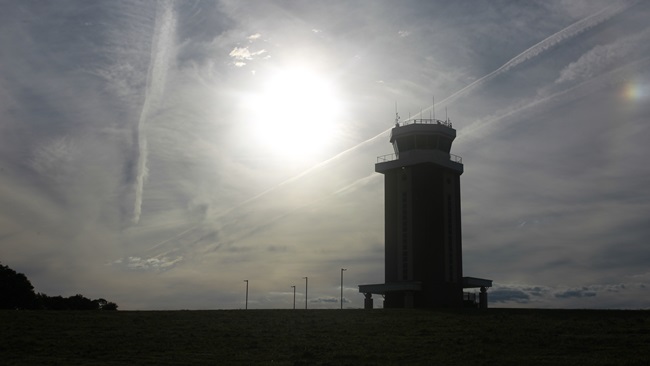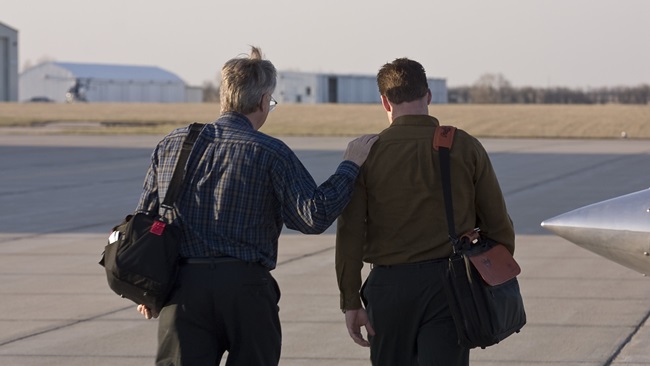AOPA is supporting changes to the rules of the National Transportation Safety Board to make them fairer to pilots. The NTSB serves as an appellate court to FAA attempts to suspend or revoke a pilot or medical certificate. AOPA's efforts are particularly aimed at the FAA practice of often immediately grounding a pilot, on an emergency basis, before he or she has had a chance to make a defense to the emergency determination.
Under current rules, the NTSB, in reviewing the FAA's emergency determination, must assume the truth of the FAA's allegations in the emergency order of suspension or revocation, which makes it virtually impossible to reverse the immediate grounding. Under these rules, the FAA wins 95 percent of the emergency challenges. AOPA wants the NTSB to get rid of the "assumption" and leave it up to an NTSB law judge to determine the legitimacy of the FAA's “immediate grounding."
The law firm Yodice Associates filed formal comments Feb. 22 on behalf of AOPA, in response to the NTSB’s advance notice of proposed rulemaking (ANPRM) that raises the possibility of revising its Rules of Practice in Air Safety Proceedings and Implementing the Equal Access to Justice Act (EAJA) of 1980. AOPA’s comments also addressed discovery and exchange of documents, electronic filing of documents, and rules governing claims for the recovery of fees under EAJA.
AOPA issued the comments as the organization “representing a large class of the public who could find themselves subject to an FAA enforcement action or FAA denial of their certificate or their aircraft's certificate, and as the association providing and administering the largest and broadest aviation legal services plan.”
Under current procedures, the FAA administrator is authorized to issue orders amending, modifying, suspending, or revoking pilot certificates issued on an emergency basis, subject to NTSB review. The NTSB sought comments through its ANPRM on whether to change the procedures, and how to do so. It asked for input on how challenges to the FAA's emergency powers should be handled; how discovery should proceed; and the timing for filing documents.
“AOPA supports the NTSB’s critical evaluation of whether the administrator’s allegations truly warrant the immediate grounding of a respondent during the pendency of an appeal in light of all factors relevant to such a determination, such as the passage of time, the conduct of the FAA’s investigation, the severity of the respondent’s alleged activity, and the history of the respondent’s exercise of the FAA-issued certificate,” wrote AOPA Counsel Kathleen A. Yodice.
A standard that assumes the allegations to be true “is patently unfair to respondent petitioners who may dispute the administrator’s allegations,” she wrote, estimating that approximately five percent of the hundreds of petitions filed to date had succeeded. “This presumption of guilt created by the assumption of truth is not mandated nor suggested by the statutory language, nor consistent with the intent of the statute providing for NTSB review of such determinations. It is a one-sided assumption in favor of the (FAA) administrator, who otherwise has the burden of proof in these proceedings.”
AOPA also recommended that the NTSB require that the FAA make its enforcement investigative report available to respondents at the time that a notice of proposed certificate or civil penalty action is issued; that proposal seeks to avoid problems or delays obtaining the information encountered by respondents representing themselves or those with representatives who infrequently practice before the NTSB. Those parties may not be familiar with what amounts to a “magical incantation” to obtain the document, familiar to practitioners accustomed to NTSB discovery proceedings, and to FAA attorneys, Yodice wrote.
AOPA also recommended allowing paper document filings to continue for two years—or longer for good cause—after an electronic document filing system has begun operating in enforcement cases. And, AOPA supported broadening rules under EAJA for the recovery of certain fees and expenses incurred in enforcement appeals.



